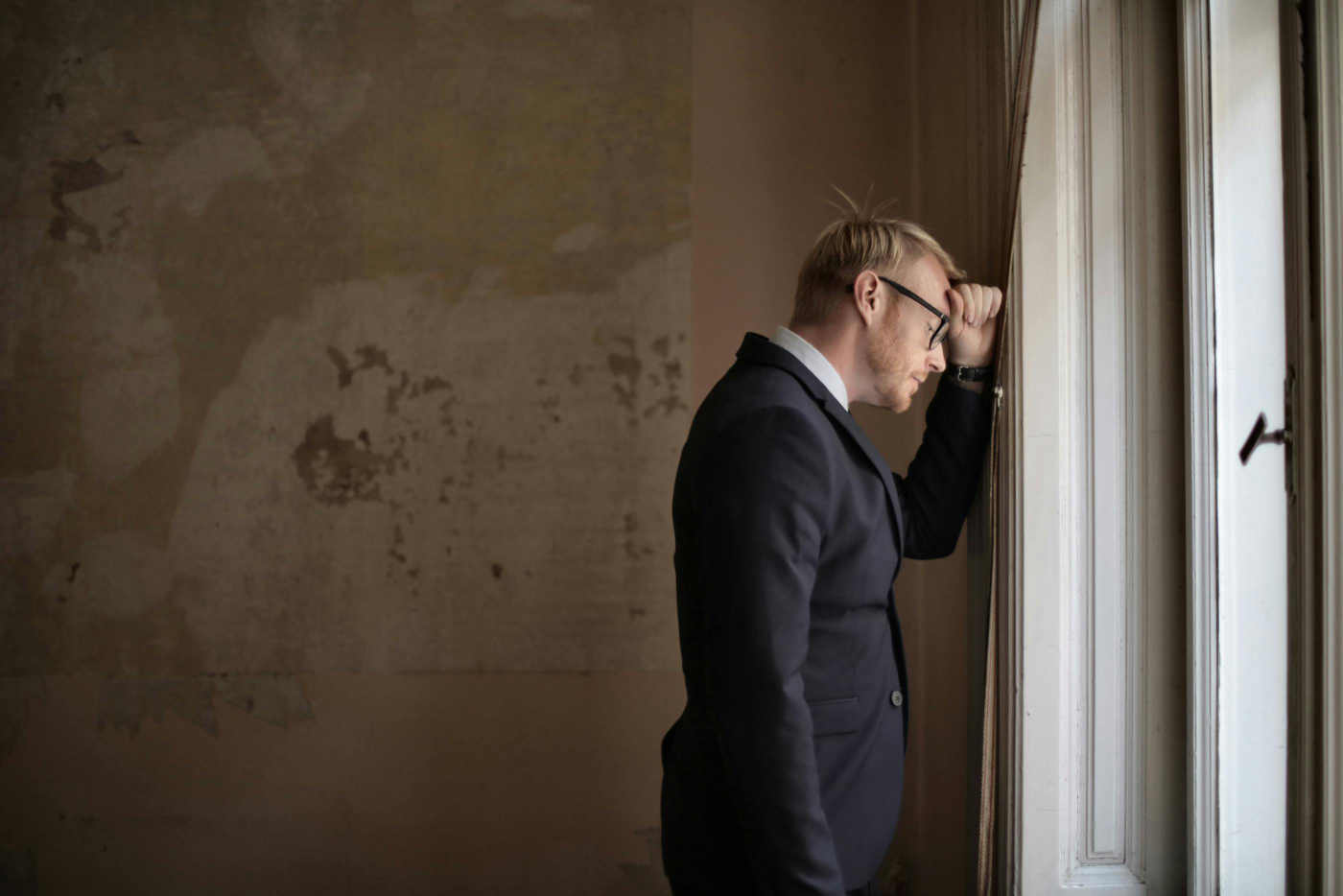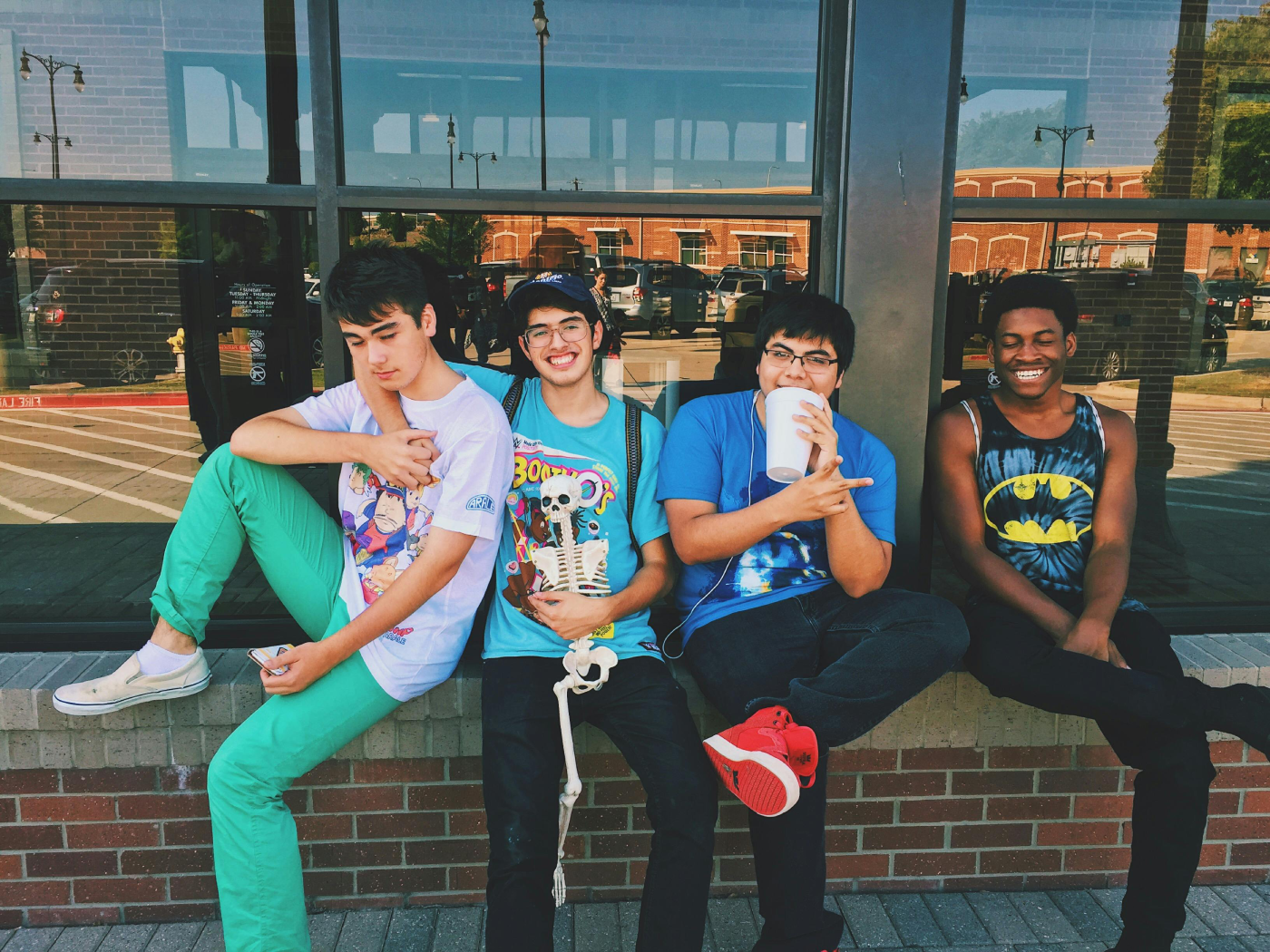With Valentine’s Day recently passed, you might be thinking a lot about your loved ones and past relationships that you may have tarnished due to untreated substance use disorder. However, there is always a chance for redemption. You won’t know how a person will react to an apology until you reach out and try to make amends. You might be surprised by people’s reactions.
Some people may have been meaning to reach out to you, but wanted to give you space and time to recover. You owe it to yourself and your loved ones to attempt to repair broken relationships. A sincere apology can be very healing to both the receiving and giving party. Moreover, if you never try to apologize for past wrongdoings, you may regret it later.
Reaching Out to Loved Ones
Don’t wait for your loved ones to reach out to you. Mending broken relationships can be a tough conversation to have. You might end up rehashing a lot of negative emotions and hard times for both you and the person you are trying to reconnect with. People may be scared to face these emotions or might assume that you still need time to process your own emotions surrounding an event or relationship. Someone needs to be the person to take the first step and, as the offending party, that person should probably be you.
However, it is important to be thoughtful about what relationships may or may not be worth salvaging. Before reaching out to old friends, think about whether this person has had a positive or negative impact on you. It is especially important to hold off if you believe this person might trigger you to use again. If you are unsure whether or not you should reach out to a particular person, make a list of the positive and negative impacts that this person has had on your life and consider if this is a person you really want back in your life again.
A Proper Apology
It’s easy for “I’m sorry” to come off as insincere. “Sorry” tends to be a filler word that people often overuse when trying to excuse or justify their behavior. It can take on a range of meanings from “excuse me” to “I misspoke.” When you apologize to a loved one, it’s important to be as specific as possible. Rather than just offering a generalized “sorry,” you should recount the ways that you’ve hurt that person and recognize how your behavior may have made them feel. Acknowledging the person’s emotions will make the person feel understood. It will also communicate that you are being attentive and you are ready to listen to what they have to say about how you may have hurt them.
However, an apology isn’t just about what you say, it’s also about prevention. Share with this person how you have made adjustments to your behaviors that will help heal your relationship and make them feel more comfortable and hopefully, willing to trust you again. Part of the change that your loved one was looking for you to make may have already been accomplished during your treatment in the rehab center. Explaining the treatment you went through and how it has impacted your behavior might reassure the person that you are doing everything in your power to mitigate this negative behavior now and in the future. Let them know that you love them and that you never meant to hurt them.
Explain What You’re Doing Differently
When making amends with a loved one, the topic of your recovery will most likely come up. While you want to reassure your loved ones that you are doing everything you can to mitigate negative behaviors, you should also remind them that recovery is a lifelong journey that you’re still figuring out. Relapse isn’t only possible, but likely. However, all the tools and resources that are now available to you will help you better manage your recovery. You also may want to discuss the journey you’ve made during treatment, what you’ve discovered about yourself, and the treatment or program you are currently in to help prevent relapse. Your loved ones will take comfort in the fact that you are taking care of yourself.
Accept Their Reaction
The truth is that you don’t know how people will react to you reaching out to them. Some people may still be furious with you or need more space and time to process their emotions. However, some people will be very grateful that you reached out to them. While you can’t control a person’s reactions or emotions, you won’t discover how they react until you apologize. It’s important to understand that a negative reaction to an apology doesn’t invalidate it, it just means that the person isn’t ready to receive it yet. It is not a reflection of your progress. Nonetheless, people are entitled to their feelings and it’s important that you respect their hurt.
During this Valentine’s Day, think about mending broken relationships so you can fill your life with love and support. When apologizing to a loved one, be sure to address how you’ve hurt that person and the emotions that they might be currently experiencing. Discuss how treatment has helped you mitigate these negative behaviors and how your current aftercare program will help you to continue to improve and become a better person. However, it’s important to remember that people are entitled to their own emotions and may not be ready or willing to accept your apologies.
Shoreline Addiction Center can provide you with professionals to help you craft a proper apology and mend old bonds. We also offer an aftercare program that will offer you support post-rehab and will be there for you in case of relapse. If you have any questions about the programs that we offer, please call (866) 278-8495 to learn more.







